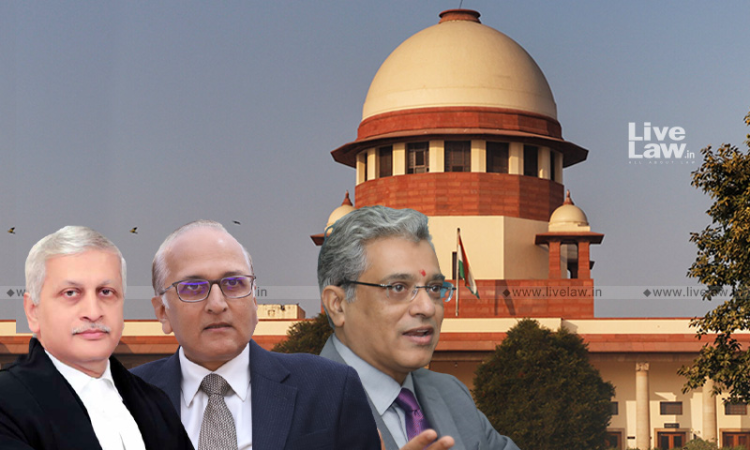Complete Absence Of Motive In A Case Based On Circumstantial Evidence Weighs In Favour Of Accused : Supreme Court
Sohini Chowdhury
1 March 2022 11:05 AM IST

Next Story
1 March 2022 11:05 AM IST
The Supreme Court has held that the absence of motive in a case depending on circumstantial evidence is a factor that weighs in favour of the accused. "In a case based on substantial (circumstantial) evidence, motive assumes great significance. It is not as if motive alone becomes the crucial link in the case to be established by the prosecution and in its absence the case of...
